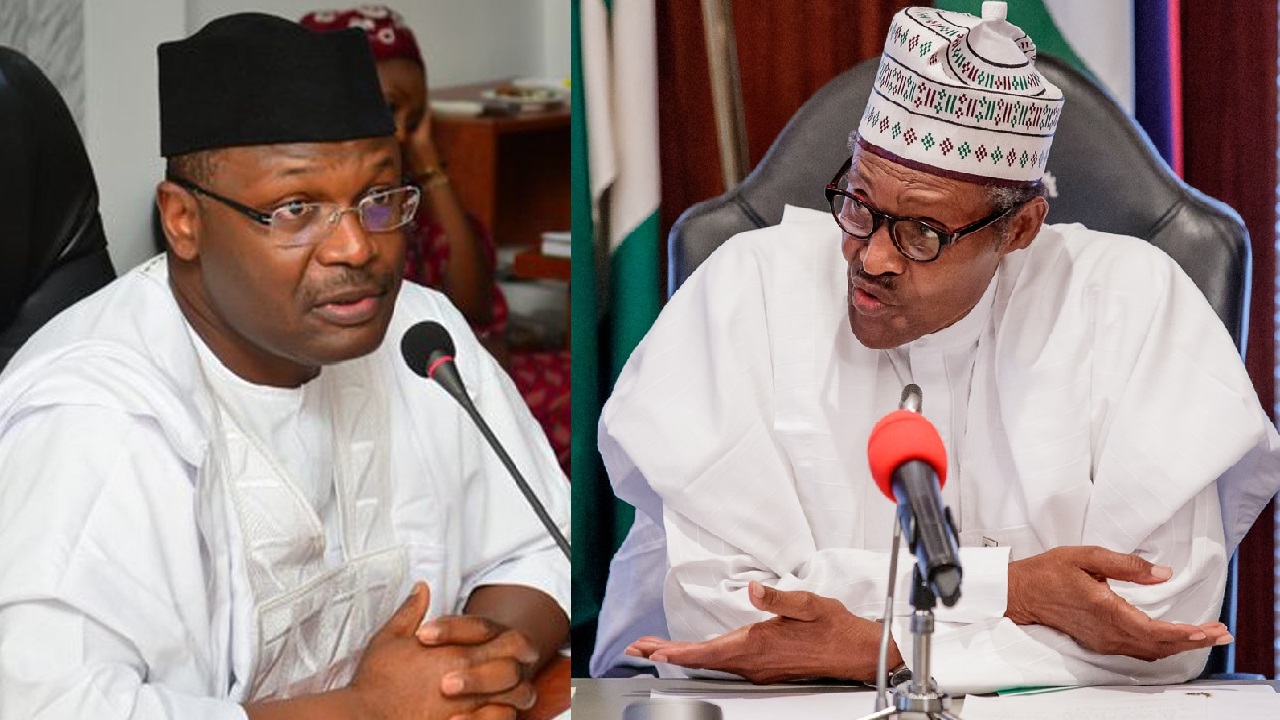As the December 19 deadline for presidential assent draws near, the Independent National Electoral Commission (INEC) has replied its Presidency on the Electoral Bill over the controversial direct primaries provision.
The commission has satisfied a “general” endorsement of the Electoral Bill but made an apparent suggestion to President Muhammadu Buhari to consult with political parties and security agencies over the controversial direct primaries provision.
The National Assembly had on November 19 transmitted the bill to President Muhammadu Buhari, who, statutorily, has 30 days to assent to or veto the proposed law.
The bill, which repeals the extant Electoral Act 2010 as altered, seeks to make direct primaries the only means for political parties to select their candidates for elections and legalise electronic transmission of results, among other provisions.
Buhari had, through a November 29 memo by Ibrahim Gambari, his Chief of Staff, asked INEC and other critical stakeholders to submit their “detailed and considered view” on the amendment by December 3.
Nigeria News: No December salary for workers – Buhari govt tells Civil servants, Police
This is usually the last stage of consultations before the president signs a bill into law.
Among the key provisions of the amended law are the electronic transmission of results and the adoption of the direct primary by parties.
Especially regarding the direct primaries provision, which outlaws the delegate or indirect system, the bill has caused a split in the ruling party, APC. While the APC-controlled National Assembly leadership and Bola Tinubu camp prefer direct primaries, there is a tendency, including a number of governors, that want the delegate system to remain in the law book.
The direct primary means ordinary party members will vote to pick candidates for elections
In the extant Electoral Act 2010, as altered, direct primaries, delegate system, and consensus are allowed as processes of selecting candidates for elections by political parties.
“It is the considered view of the Commission that, generally, the Bill contains substantial provisions that could lay a strong foundation for the improvements of the electoral process,” INEC said in a December 3 letter to the presidency.
“Among others, provisions on early submission of candidates for election, electronic transmission of results, and the power of the Commission to review declarations made under duress or are inconsistent with the law will contribute immensely to better management of elections, increased public confidence in the electoral process and overall democratic consolidation in our country.”
However, the INEC letter signed by chairman Mahmood Yakubu appeared to suggest to the president to make wider consultations, making an apparent reference to the issue of the primaries, which concern political parties.
“Being a multi-stakeholder activity, these matters cannot be determined by the Commission alone without consultation with political parties which shall be responsible for conducting pre-election activities involving their members and the security agencies that have the responsibility to secure the process,” INEC said.
